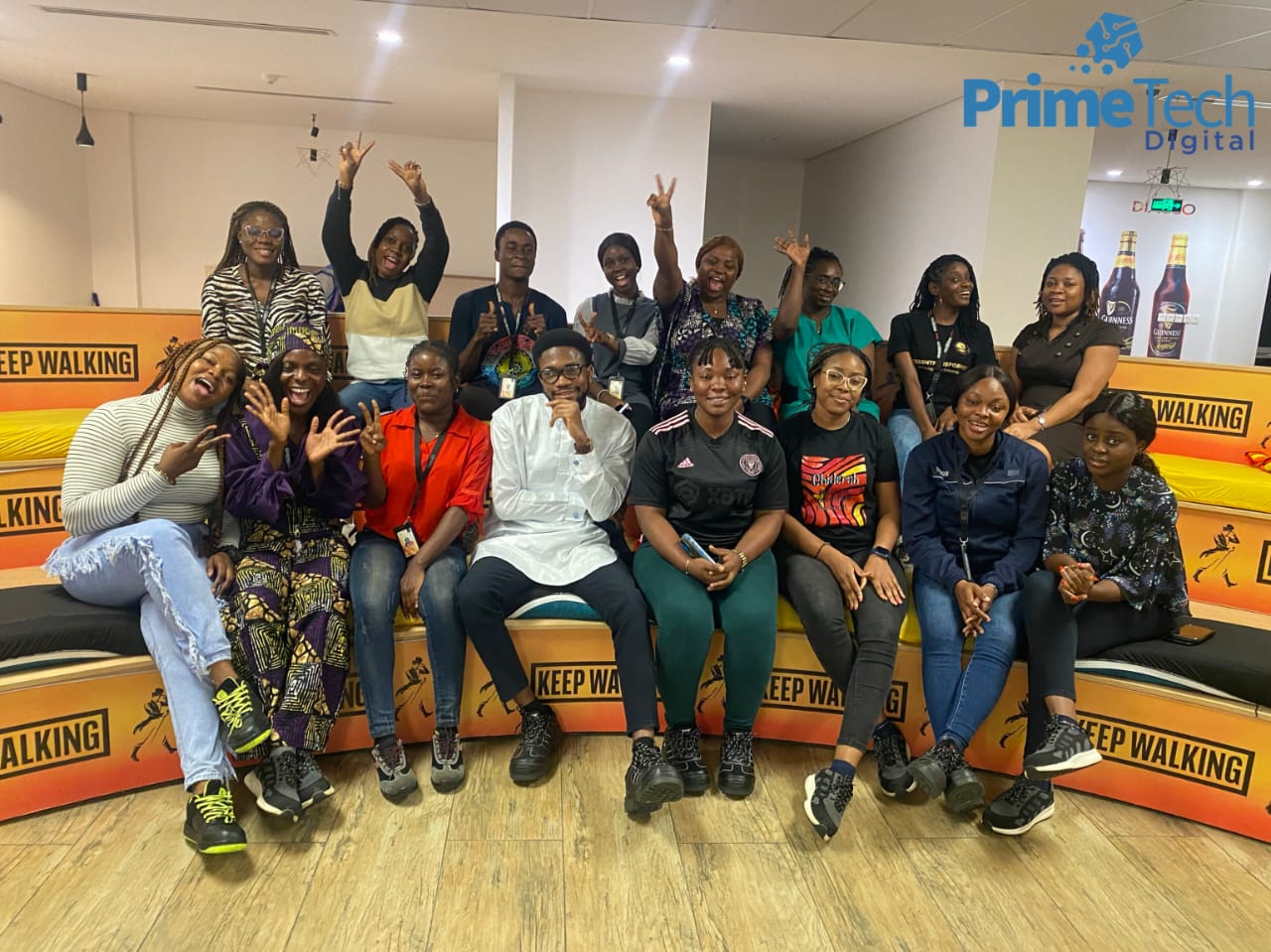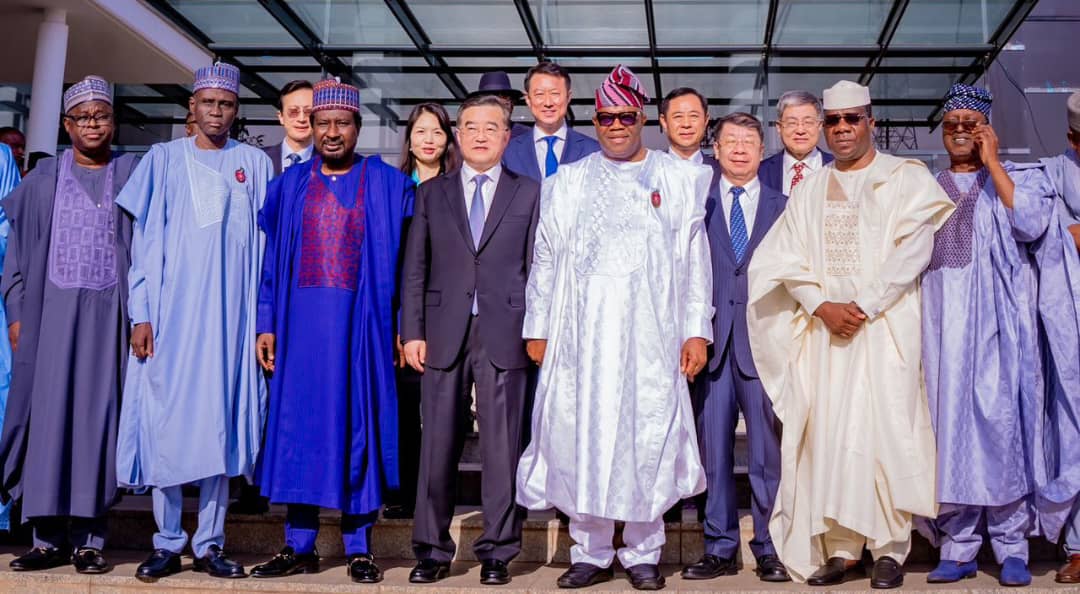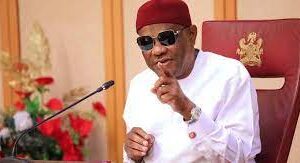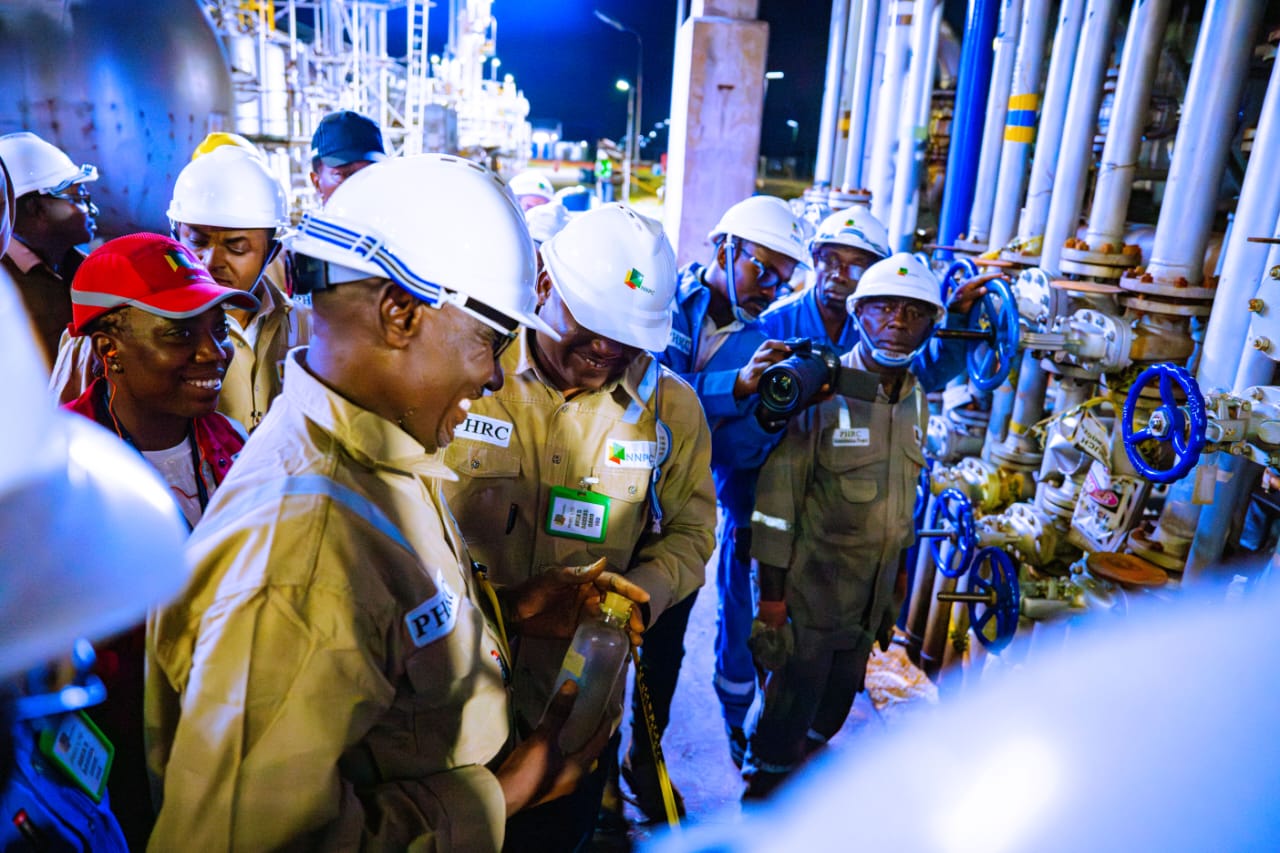Penultimate Sunday, Nigeria played host to the Prime Minister of India, Narendra Modi, who was on a one-day state visit to the country thus becoming the first Indian leader to step on the soil of West African sub-region in 17 years. He was received on arrival at the International Wing of the Nnamdi Azikiwe International Airport, Abuja, by the Minister of the Federal Capital Territory, Barrister Nyesom Wike. Nigeria was the first destination in Modi’s three-nation tour, that included Brazil and Guyana. Soon after his arrival, the August visitor was presented with the “Key to the City” of the capital, Abuja, symbolising the trust reposed in him by the people of Nigeria.
The visiting Indian leader was warmly received by President Ahmed Bola Tinubu at the Presidential Villa, Abuja. After a ceremonial welcome with a 21-gun salute, the two leaders held a restricted meeting followed by high-level delegation talks. They agreed to work together to meet the developmental aspirations of the Global South, with Modi appreciating Nigeria’s role as chair of the Economic Community of West African States (ECOWAS) and its contributions to multilateral and bodies.
He said, “We will together keep raising the priorities of the Global South on the world stage and there will be success through our joint efforts”.
Modi assured his host of collaboration to tackle challenges such as terrorism, separatism, piracy and drug trafficking, and stressed that the objectives would be would be pursued with greater strength. Both sides also gave priority to cooperation under their strategic partnership in areas such as defence, energy, economic issues, technology, health and education, as well as exploring new opportunities in other fields. The Indian leader also spoke on the cooperation between India and Nigeria for the full membership of the African Union in the G20 noting that Nigeria’s new role as a partner country in Brics reflects its importance on the world stage.
The duo also signed three Memorandums of Understanding (MoUs) on a cultural exchange programme, Customs cooperation and survey cooperation with a special attention focused on enhancing cooperation in agriculture, pharmaceuticals, railway and transportation.
Modi said India would send 20 tonnes of humanitarian aid to help people affected by recent floods in Nigeria and thanked Tinubu for acting as a guardian for the 60,000-strong Indian diaspora in Nigeria. He also expressed his appreciation to President Tinubu for awarding him the Grand Commander of the Order of Niger (GCON), which he described as an honour for 1.4 billion Indians. Modi thus became the first foreign leader to be so honoured.
Modi’s was short but it should leave our leaders with a lot to ruminate about regarding our miserable level of development. Nigeria and India were both colonised by Britain. Today, more than six decades after gaining political freedom, India is a century ahead of Nigeria in the fields of science and technology. Whereas only 13 years separated them at independence. India got its freedom in 1947. But the most populous country in Asia has harnessed its vast potential to become one of the leading industrialised nations on the global stage.
While india has continued to advance by leaps and bounds in all spheres of human endeavours, Nigeria is regressing virtually in all fronts. India has enjoyed political stability after the assassination of Prime Minister Indira Ghandi in 1984. The same cannot be said of Nigeria. Political instability and ethno-religious crises have been the bane of our development, compounded by leadership failure, pervasive insecurity and systemic corruption in high places.
Nigeria is richly blessed with human and mineral resources one can find anywhere in the world but it appears nature has not been kind to us with the right leaders to exploit them for the overall benefits of Nigerians, consequently leading us to our present sorry state where the country is classified as the world’s poverty headquarters.
Nigeria has what it takes to get out its present state as a miserable behemoth. Nations like Singapore that were at the same pedestal with us at independence have since advanced from being pathetic Third World countries to developed economies. The Singaporeans have Lee Kuan Yew to thank for their present prosperous state.
Can Nigeria produce such an icon like Yew? Or will the system allow the emergence of such selfless individuals? These are some of the posers for us as a people as we continue to grapple with self-inflicted challenges that have held us down for decades after freedom.

 2 hours ago
1
2 hours ago
1












